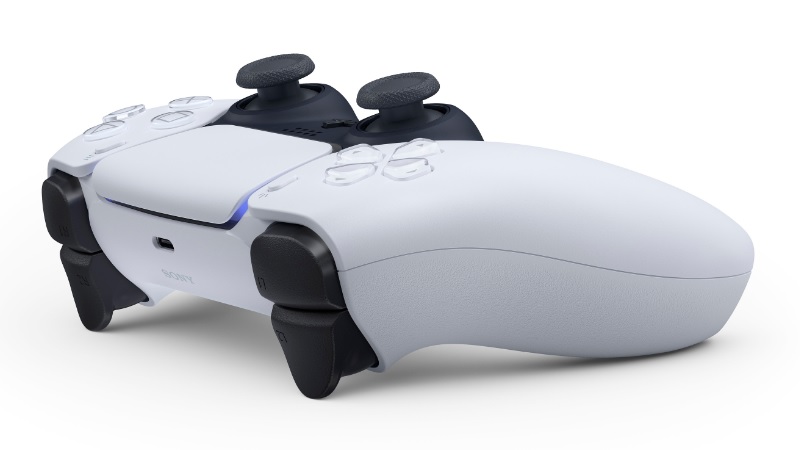As we approach the next-generation of gaming, there’s a question about just how good those games can look on PS5 and Xbox Series X. There’s a phrase I’ve seen thrown around by a few people now and it’s “diminishing returns.” We’re at a point in gaming where we’ve more or less reached the peak of “good enough.” There are already stunningly near-photorealistic games on this…






